
Since your sinuses are near your mouth, the pressure accompanying an infection can cause pain in your upper teeth. Pain in the teeth may also result from a toothache.
A sinus infection, also known as sinusitis, can lead to a toothache. Sinusitis occurs when the tissue lining the sinuses becomes inflamed and swollen.
Tooth pain is a common symptom of sinusitis. Sinus pressure and drainage from a sinus infection can cause tooth pain. The pain usually occurs in the upper rear teeth closest to the sinuses.
Sinus anatomy
There are several sinuses throughout the body. The sinuses located near the nose are known as the paranasal sinuses. But you also have sinuses in your brain, known as the dural venous sinuses.
These sinuses are four pairs of air-filled spaces found in the facial bones near your eyes, forehead, and behind your cheekbones. They warm, moisten and filter the air in your nasal cavity. Sinuses also produce mucusTrusted Source, which drains into the nasal cavity and cleans the nose.
When these areas become blocked by fluid, infection is possible. An infection can also occur when bacteria are introduced to the area when coughing or blowing your nose.
The congestion and pressure accompanying a sinus infection can cause discomfort or pain in your upper teeth. This is because the roots of your upper teeth and jawbone are near your sinuses. Sometimes, the discomfort spreads to your lower teeth as well.
Sinus vs. regular toothache
Many symptoms of a regular toothache feel similar to those of a sinus toothache. However, sinus tooth pain is primarily felt in the upper molars, affecting several teeth instead of only one.
If you’re having pain in these teeth, and it’s coupled with some of the symptoms listed below, your toothache is likely due to a sinus infection. You may also feel a bit low in energy or have a fever.
A toothache caused by dental concerns will likely be the only source of pain, and it could be more intense and focused.
Pain from a sinus toothache may intensify with certain types of movement. Jumping up or bending over may make the pain worse. This is because the sinus pressure shifts as you move. The pain may subside when you’re sitting or lying down.
Other symptoms
Sinus infection symptoms are often similar to cold and nasal allergy symptoms. Inflammation and swelling can cause sinus blockage and pressure, leading to facial pain.
Symptoms of a sinus infection may include:
- head congestion
- runny or stuffy nose
- cough
- pressure or tenderness around your nose, eyes, or forehead
- thick, discolored mucus
- bad-tasting nasal drip
- unpleasant smelling breath
- ear fullness or pain
- fever
- tiredness
- loss of smell and taste
- sore throat
- hoarse voice
- toothache
Can a sinus infection affect your eyes?
Yes, a sinus infection can affect your eyes. A sinus infection can cause face tenderness, particularly under the eyes or around the bridge of the nose. You may also experience pressure below the eyes, which increases when you lower your head.
Congestion or pressure in the sinus cavities in your nose can affect your optic nerve.
A sinus infection may also extend to the bones and soft tissues around the face and eye sockets. When a sinus infection becomes severe, it can cause complications such as a facial skin infection and reach the tissues around the eye. Doctors typically treat this kind of infection with antibiotics.
You may want to consult with a doctor if you experience facial pain, pressure, or swelling of the eyes that lasts longer than a few days. If you are unable to open your eye, move your eyeball, or experience a change in vision, see a doctor right away.


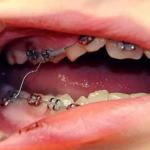

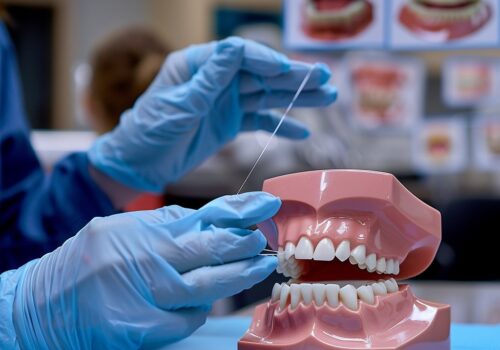


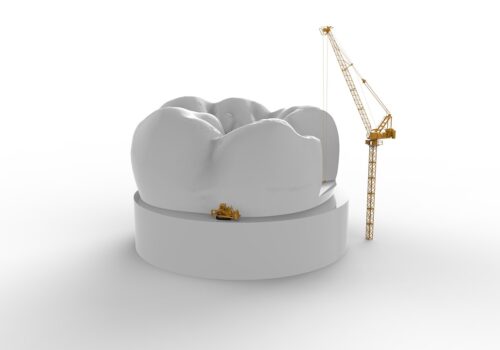
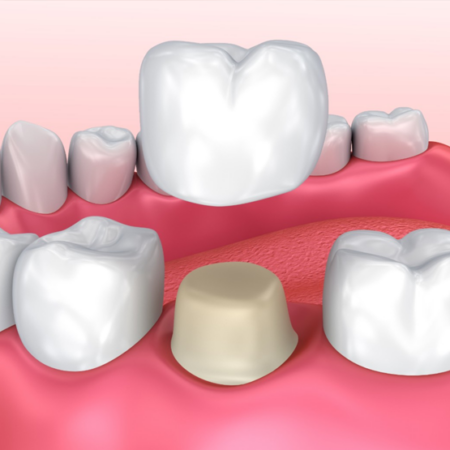
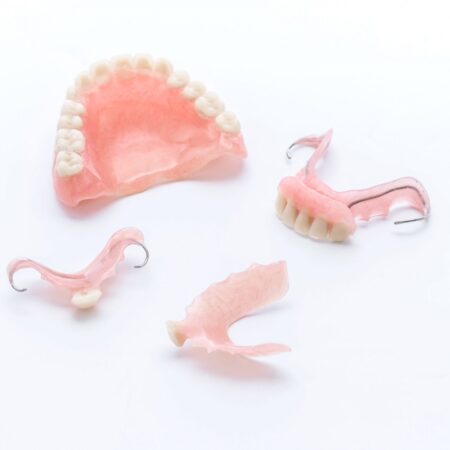
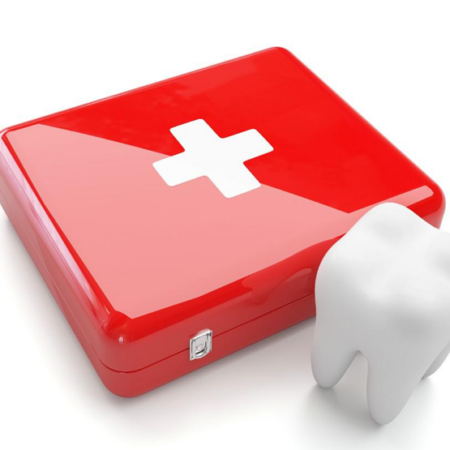
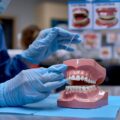


Leave a Reply